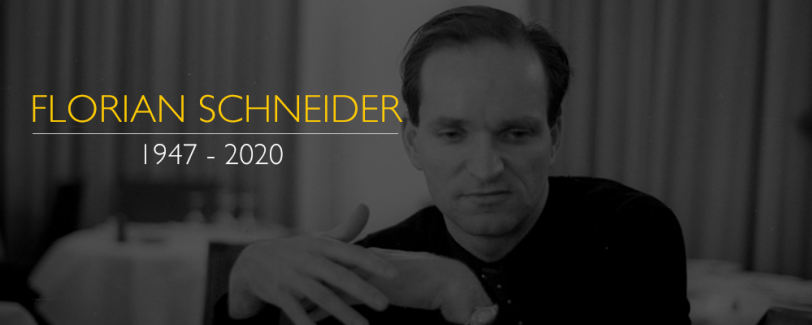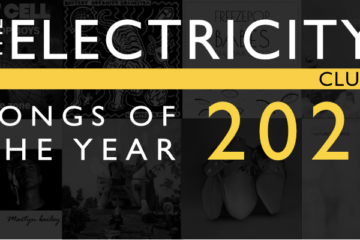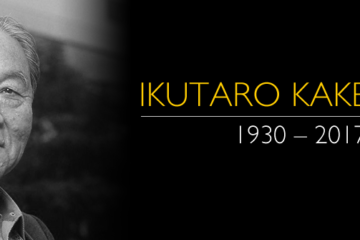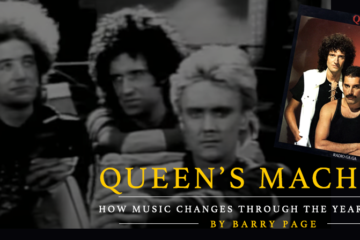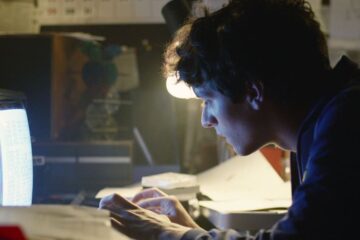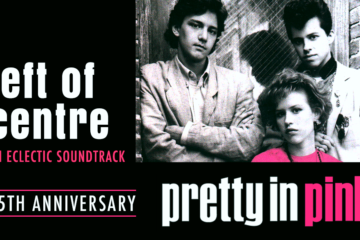The lights in the electronic music community dimmed suddenly this week when the news broke of the passing of Kraftwerk’s Florian Schneider.
Born in 1947, Schneider originally began his musical journey while studying in Düsseldorf. Delving into the experimental music scene of the time, he met fellow student Ralf Hütter which led to the pair joining Organisation (a 4-piece experimental outfit that preceded Kraftwerk).
Originally, Schneider’s main instrument of choice was the flute, which he would treat using tape echo and ring modulation to alter the sound. Similarly, he played violin which was also transformed using electronic effects.
Following the split of Organisation, Schneider and Hütter paved their own path under the name Kraftwerk. Although their first two album releases stuck to an experimental rock concept, the discovery of synthesisers changed the sound of the outfit by the time of their third album Ralf und Florian.
Kraftwerk’s 1974 album Autobahn built on those foundations with compositions that embraced melodic flourishes and innovative arrangements, but also boasted a distinct electronic sound. Designed to capture the feeling of driving on a German highway (autobahn), the album’s title track sounded both unusual and also evocative – leading to the track becoming an international hit.
Much of Kraftwerk’s distinct sound is down to Schneider’s innovations and meticulous attention to detail. His interest in treating vocals with electronic effects led him into experimenting with vocoders (utilising a custom-built piece of kit), something that became one of the familiar elements of Kraftwerk’s music. It emphasised the experimental approach of the band in introducing unusual ideas to produce unique forms of music. Yet at the same time, these compositions retained an accessibility that appealed to music enthusiasts.
This use of vocoder-treated vocals is also part of the appeal of Kraftwerk’s 1975 album Radio-Activity. This continued the outfit’s interest in lending a concept to an album – in this case radio communications and radioactivity itself – giving the album title a play on words.
For OMD, Kraftwerk were a vitally important band, particularly Radio-Activity, which became a touchstone for influencing the sound of the Wirral electropop outfit: Paul Humphreys and Andy McCluskey originally named one of their pre-OMD collaborative efforts after a valve diagram on the back of Radio-Activity’s sleeve (VCL XI). Meanwhile, their debut single release ‘Electricity’ riffs off ‘Radioactivity’, albeit in a more uptempo pop approach.
Kraftwerk’s influence was also evident across a broad canvas of music genres. David Bowie had been particularly struck by Kraftwerk’s sound with that influence finding a home on his Berlin trilogy albums. The track ‘V-2 Schneider’ on Bowie’s 1977 album “Heroes” was also inspired by and named after Florian Schneider.
Meanwhile, Kraftwerk’s 1977 album Trans-Europe Express struck a chord with the emerging sound of the Chicago and Detroit scene in the 1980s. The album’s title track was sampled by Afrika Bambaataa & the Soul Sonic Force for ‘Planet Rock’, one of the most iconic hip-hop songs of its era.
But Kraftwerk were just as capable of making a mark on the international music scene under their own steam. In 1982, their single ‘The Model’ (originally culled from The Man-Machine album, but also appeared as the B-side to their 1981 single ‘Computer Love’) became a huge hit and one of the most distinctive electronic songs of the 1980s.
Although Schneider continued with Kraftwerk up through the Tour de France Soundtracks album, he left the outfit in 2008. While he was perhaps less prominent on the music scene than his fellow ex-Kraftwerk members Wolfgang Flür and Karl Bartos, Schneider made a surprise return in 2015 with ‘Stop Plastic Pollution’. Designed to raise awareness about sea pollution, Schneider collaborated with producer Dan Lacksman (Telex) on the composition, which also featured input from Uwe Schmidt (Señor Coconut/Atom™).
“Very saddened by the news of Florian Schneider´s passing,” said Michael Rother on hearing the news, “It was Florian who invited me to join Kraftwerk in early 1971. He was a very inspiring musician and has left a big mark in the world of electronic music. My condolences go out to his loved ones.”
“Kraftwerk were such a huge influence on us, both musically and stylistically” commented Peter Hook recently, reflecting on the German bands impression on Joy Division. “Ian was so in awe of the way that they dressed and the way they acted as well as their music. It was the perfect triangle. If you listen to a lot of music now, you hear Kraftwerk’s influence completely.”
“For anyone of our generation involved in electronic music, Kraftwerk were the godfathers” is how Depeche Mode’s Martin Gore summed up the band in times past.
A statement via OMD emphasised the sad news: “We are absolutely devastated to learn that one of our heroes Florian Schneider has passed away. He changed our lives.”
Meanwhile, Gary Numan’s own response via social media this week was equally succinct: “RIP Florian Schneider. This is what true innovation sounds like.”
As one of electronic music’s pioneers, the loss of Florian Schneider is a huge blow that will be keenly felt by those many musicians inspired by the German band. Kraftwerk’s role in the foundation of modern electronic music cannot be understated – and it’s an influence that still resonates today. Kraftwerk’s legacy endures.


